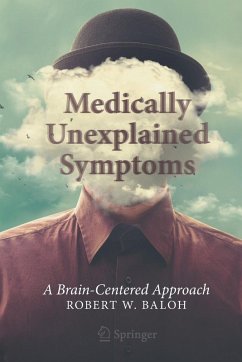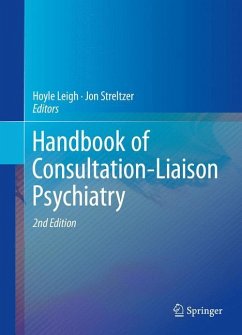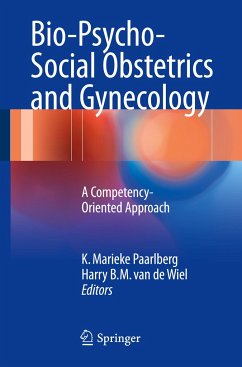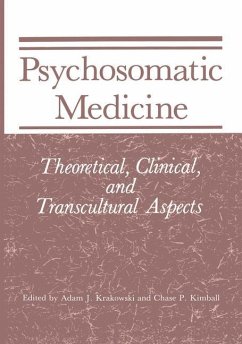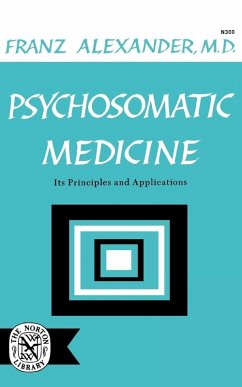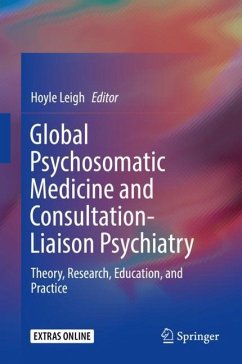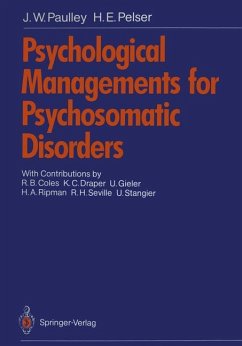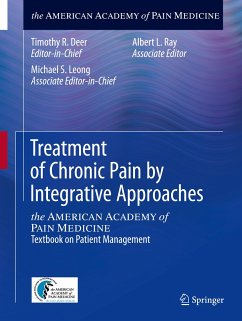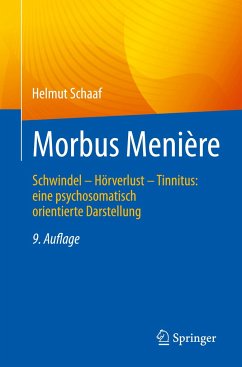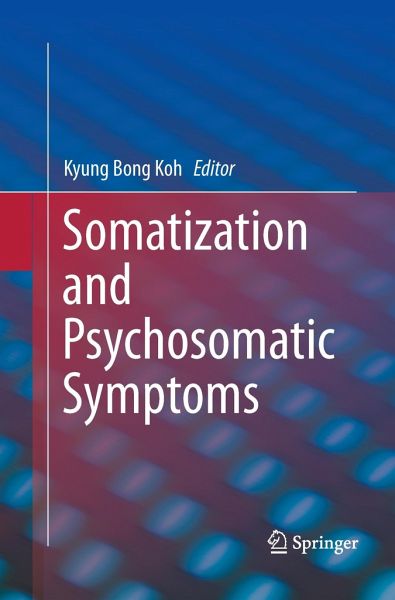
Somatization and Psychosomatic Symptoms
Versandkostenfrei!
Versandfertig in 6-10 Tagen
76,99 €
inkl. MwSt.

PAYBACK Punkte
38 °P sammeln!
This book, with contributions emanating from the 21st World Congress of Psychosomatic Medicine held in Seoul in August 2011, presents the latest evidence-based information about the mechanisms, assessment, and management of psychosomatic disorders from a biopsychosociocultural perspective. Somatization is a process characterized by excessive or inappropriate focus on physical symptoms that are medically unexplained. It is highly prevalent in primary care medicine, as somatoform (psychosomatic) disorders tend to be chronic and can cause significant personal suffering and social problems as well...
This book, with contributions emanating from the 21st World Congress of Psychosomatic Medicine held in Seoul in August 2011, presents the latest evidence-based information about the mechanisms, assessment, and management of psychosomatic disorders from a biopsychosociocultural perspective. Somatization is a process characterized by excessive or inappropriate focus on physical symptoms that are medically unexplained. It is highly prevalent in primary care medicine, as somatoform (psychosomatic) disorders tend to be chronic and can cause significant personal suffering and social problems as well as financial burden.



